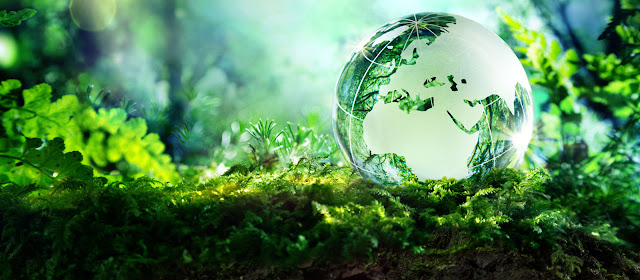Pollution occurs when pollutants contaminate the natural surroundings; which brings about changes that affect our normal lifestyles adversely. Pollutants are the key elements or components of pollution which are generally waste materials of different forms. Pollution disturbs our ecosystem and the balance in the environment. With modernization and development in our lives pollution has reached its peak; giving rise to global warming and human illness. Pollution occurs in different forms; air, water, soil, radioactive, noise, heat/ thermal and light. Every form of pollution has two sources of occurrence; the point and the non-point sources. The point sources are easy to identify, monitor and control, whereas the non-point sources are hard to control. Let us discuss the different types of pollution, their causes and effects on mankind and the environment as a whole.
Water pollution has taken toll of all the surviving species of the earth. Almost 60% of the species live in water bodies.
Soil pollution occurs due to incorporation of unwanted chemicals in the soil due to human activities. Use of insecticides and pesticides absorbs the nitrogen compounds from the soil making it unfit for plants to derive nutrition from.
Noise pollution is caused when noise which is an unpleasant sound affects our ears and leads to psychological problems like stress, hypertension, hearing impairment, etc. It is caused by machines in industries, loud music, etc.
Radioactive pollution is highly dangerous when it occurs. It can occur due to nuclear plant malfunctions, improper nuclear waste disposal, accidents, etc. It causes cancer, infertility, blindness, defects at the time of birth; can sterilize soil and affect air and water.
Thermal/heat pollution is due to the excess heat in the environment creating unwanted changes over long time periods; due to huge number of industrial plants, deforestation and air pollution.
It increases the earth’s temperature, causing drastic climatic changes and extinction of wildlife.
Light pollution occurs due to prominent excess illumination of an area. It is largely visible in big cities, on advertising boards and billboards, in sports or entertainment events at the night. In residential areas the lives of the inhabitants is greatly affected by this. It also affects the astronomical observations and activities by making the stars almost invisible.
Pollution control
Pollution control is a term used in environmental management. It means the control of emissions and effluents into air, water or soil. Without pollution control, the waste products from over consumption, heating, agriculture, mining, manufacturing, transportation and other human activities, whether they accumulate or disperse, will degrade the environment. In the hierarchy of controls, pollution prevention and waste minimization are more desirable than pollution control. In the field of land development, low impact development is a similar technique for the prevention of urban runoff.

Comments
Post a Comment